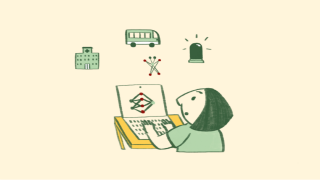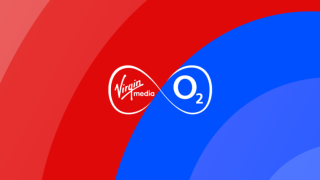The court decision left companies threatening to close down their networks. The fees are due to be paid to the government by next Thursday, 23 January.
Vodafone Idea owes 530.4 million rupees ($7.46 million) and Bharti Airtel owes 355.9 million rupees ($5.01 million). Tata Teleservices, part of the giant Tata group, sold its mobile phone business to Bharti Airtel, but must also pay 138.2 million rupees ($1.94 million).
The three companies were appealing to the Supreme Court over the way the Department of Telecommunications (DoT) calculates spectrum and other fees that are due to the government.
The whole case was over total dues amounting to 1.47 lakh crore rupees: in Indian numbering, a lakh crore is identical to a trillion in Western numbering, so the total demand is 1.47 trillion rupees or $20.6 billion.
The DoT last year changed the definition of adjusted gross revenue (AGR), leaving Bharti Airtel, Vodafone Idea and Tata Teleservices facing the extra payments in licence fees, spectrum usage charges, penalties and interest.
Bharti Airtel complained: “We would like to express our disappointment as we believe the long-standing disputes raised regarding the AGR definition were bona fide and genuine.”
The Supreme Court judges said: “Having perused the review petitions and the connected papers with meticulous care, we do not find any justifiable reason to entertain the review petitions. The review petitions are, accordingly, dismissed.”
Tata Teleservices, the local Indian operator owned by the giant Tata group, has now been merged with Bharti Airtel, which has 280 million users. Bharti Airtel has recently raised $3 billion to help fund the payments due to the government, and it has raised its prices by 30% or more.
The position of Vodafone Idea, with 300 million users, is less clear. Vodafone Idea chairman Kumar Mangalam Birla threatened that the jointly owned operation may have to close down if it lost the AGR case.
Both Bharti Airtel and Vodafone Idea said they were going to file curative petitions – an Indian legal move by which an aggrieved person is allowed to make a final request for relief over a Supreme Court decision.
The industry’s trade association, the Cellular Operators Association of India (COAI), lamented to Supreme Court’s decision. “The sector is already facing heavy taxes and levies in the range of 29% to 32%, which are globally the highest,” said director general Rajan Mathews. “The Supreme Court’s dismissal of the review petition is the last straw in contributing to financial distress and it remains to be whether the industry will be able to recover from this setback.”






